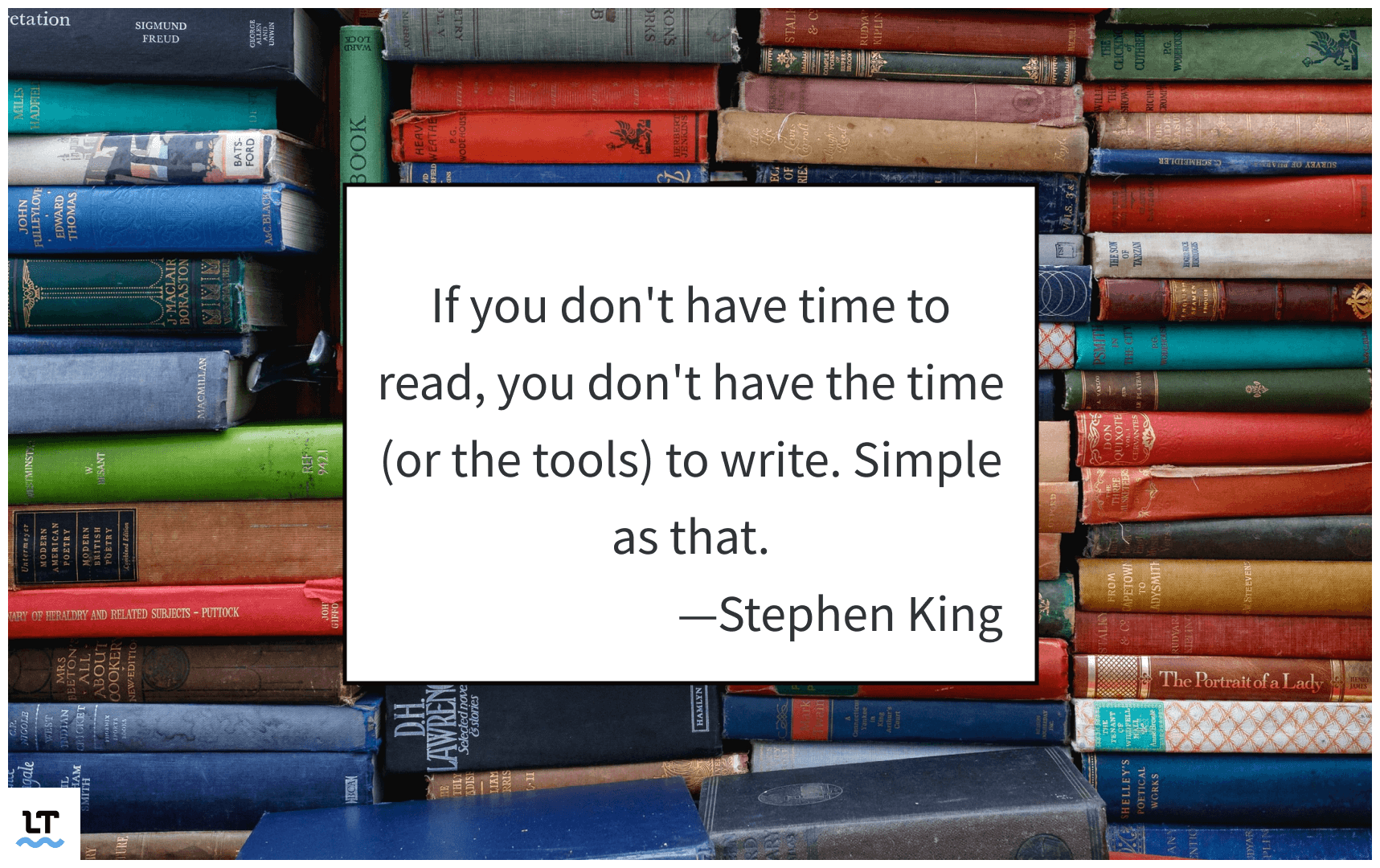How to Improve Writing Skills
How to Improve Your Writing Skills
Everyone writes. Whether you’re sending your mom a text message, an email to your professor, or a letter to your boss, writing is an essential, everyday skill to learn. Here are seven tips to help you become a better writer.

1) Have a Strong Beginning
First impressions matter. This holds true in writing as well. You have one chance to hook your reader—that’s why having a strong beginning is critical for better writing. Don’t ramble. Let your readers know what you’re writing about right away. If you don’t, you risk your readers moving on to something else.
2) Be True to Yourself
The best writing is produced when you’re writing for yourself. In other words, be honest and don’t write solely to impress others. Writing is its most effective when you write honestly about what you think and what you believe. Write earnestly, and your readers will appreciate it.
3) Know Your Audience
You can be true to yourself and write honestly, but knowing how to write better means knowing your audience. For example, if you’re writing an email to your professor requesting an extension for a deadline, you might want to avoid slang and any informal phrases. Before you start writing, it’s a good idea to ask yourself, “who is my intended audience and what is the purpose in writing this?”
4) Use Direct Language
When it comes to effective writing, conciseness is key. Your readers might not follow along if you use unnecessary and empty words. Instead, be direct. If you can use fewer words to convey a message, then do so. The rule of thumb is that the shorter the sentence, the better. However, keep in mind that varying sentence length is important.
5) Show, Don’t Tell
There’s one exception to the rule of using fewer words, and that’s when it comes to showing, not telling. “Show, don’t tell” is a timeless piece of advice that has been passed down by the best writers when sharing their writing tips. What this means is to use descriptive words so that your readers can see, think, or feel what you’re writing for themselves. Doing this makes your writing immersive and memorable.
Bonus Tip
Learning how to write well doesn’t happen overnight, but LanguageTool’s online editor makes the process easier by correcting spelling and grammar mistakes, providing synonyms, and suggesting stylistic improvements.
Avoid: I was feeling very cold.
Correct: The icy winds made my teeth shatter. My lips cracked in the dryness, and I could see my every breath. The goosebumps that covered my body did their best to keep me warm, but there was no reprieve from the frigid temperature.
Keep in mind that this tip works for fiction and non-fiction writing. For example, if you’re writing an email to your boss requesting a raise, you shouldn’t just say “I’m a good employee.” Be descriptive, and show that you’re a good employee.
6) Read More
There’s no way around it: reading more will help strengthen your writing. If you want to write better novels, you should read more texts written by renowned authors like George Orwell, Alice Walker, and Mark Twain. When you read works by authors like these, you’ll start to pick up what makes their writing so effective. The same goes if you’re trying to write better scientific articles, poems, or essays. Read more and be inspired.

7) Have A Strong Ending
There are two parts of your text that your readers will remember the most: the beginning and the end. Often, writers will hurry when they get to the conclusion, but this is a mistake. Different tactics can be used to write a powerful ending, depending on the type of text. But the general advice is to summarize your main point and invoke emotion. Your final words should make the reader think, “wow, this was worth the read.”
Practice Makes Perfect
Professional dancers don’t just hope they become better dancers. They practice. Artists don’t just wish to become better artists. They practice. Athletes don’t just ask to become better athletes. They practice. Writing is no different. If you want to become a better writer—whether it be for professional, academic, or personal reasons—you must take the time to practice. And if you’re having a bout with writer’s block, there are ways to overcome that, too. Next time you sit down to write, try these tips and see how they significantly enhance your writing.

